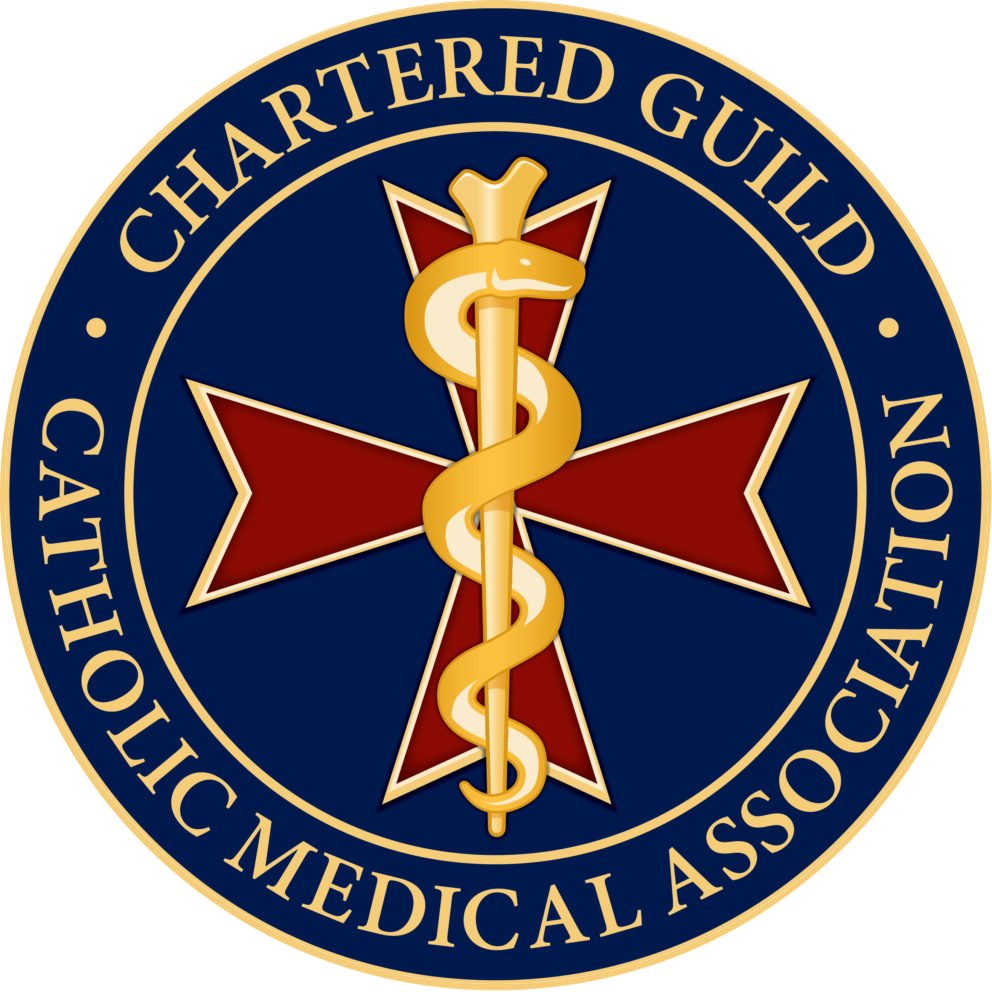On Friday, March 8, 2018, doctors Naomi Levanthal, MD and Dr. Ashley Fernandes, MD, Ph.D. met in open debate, at the University of Michigan School of Medicine Spirituality and Medicine Conference.
“Patients are autonomous decision-makers and have right to choose any legal health care service.” So argued Naomi Levanthal, MD, an Assistant Professor of Pediatrics at the University of Michigan School of Medicine. In the United States, that includes abortion, transgender reassignment, and physician-assisted suicide where legal. It includes anything the government deems to be a “legal” healthcare service.
Dr. Levanthal further argued that physicians must do what the patient wants. She contends that conscience protection for physicians violates patient rights, especially the right to pursue legally permitted healthcare service autonomously. If a physician holds a religious belief to the contrary, the physician is obligated to perform any legally permitted service the patient demands.
Dr. Levanthal’s position is in direct conflict with several Catholic documents including Dignitatis Humanae, Declaration on Religious Freedom (Vatican II). Dignitatis Humanae states that a human person’s religious freedom is personal. As a human person, a physician has an intrinsic right to act according to conscience.
Ashley Fernandes, MD, Ph.D., Associate Director of the Center for Bioethics and Medical Humanities at The Ohio State University College of Medicine, and an Associate Professor of Pediatrics at Nationwide Children’s Hospital, took the pro-conscience position. “A physician’s moral obligations arise out of their personhood, just as the patient’s do, and this should, therefore, be balanced with a right to autonomy.” The historical focus of the patient-physician relationship is focused on the well-being of the patient with the patient being the decision-maker and the physician being the expert guide. Just as the doctor may not impose a decision on the patient, neither can the patient impose their will on the doctor.
Physicians need to place reasonable limits on conscience to avoid harming the patient. For example, a physician should not refuse to see a person because of acts the person has done, or qualities they possess. For example, a doctor should not refuse the emergent need to treat a patient with a complication from an elective abortion. A physician should never be forced to refer a patient to an immoral practice which would imply complicity. Professional bodies such as the AMA, American College of Obstetrics and Gynecology, and others have no authority to dictate what the physician ought to believe or not believe.
The debate on conscience in medicine was an effort to have a respectful dialogue over the current state of conscience protection for physicians in the US. Respect was the hallmark of the debate. No winner was declared. However, many in the crowd felt Dr. Fernandes clearly articulated the Catholic position in an understandable and potent
The debate on conscience in medicine was an effort to have a respectful dialogue over the current state of conscience protection for physicians in the US. Respect was the hallmark of the debate. No winner was declared. However, many in the crowd felt Dr. Fernandes clearly articulated the Catholic position in an understandable and potent way. Afterward, one woman said, “I’m pro-choice. I thought I was going to come in here hating everything Catholic. But Dr. Fernandes was most persuasive. Thank you.”
The Catholic Medical Association has vigorously defended physicians’ religious freedom. Dr. Fernandes is a board member of the Catholic Medical Association of Central Ohio (formerly St. John Paul II Guild). When asked for advice for physicians, he said, “Never refuse to see a patient; Sometimes refuse a practice (treatment); Always provide your presence and an alternative service to the patient.”
“ Inspiring Physicians to Imitate Jesus Christ” is the mission of the Catholic Medical Association. When asked for a call to action, Dr. Fernandes responded, “Our guild’s patron, St John Paul II, in his first address as pope quoted Scripture, ‘Be not afraid!’ We must march forward armed with the truths of the Church, even into ‘hostile territory,’ knowing the Holy Spirit will give us the words when we need it, and be grateful in humility for His gift of patience, reasonableness, and love of the human person in our practice of medicine.
